Natural remedies gain attention as more people seek alternative approaches to maintaining cognitive wellness. Honey has emerged as a topic of interest among researchers studying brain health and memory function. The golden nectar offers unique properties that could support neurological wellness in fascinating ways.
Understanding Natural Approaches to Cognitive Wellness
Ancient cultures valued honey for its medicinal properties long before modern science validated these benefits. Traditional medicine systems across Asia and Europe incorporated this sweet substance into treatments for various conditions. Recent scientific research now explores how honey’s compounds might influence brain function and memory.
Your brain requires constant energy to perform millions of calculations and operations throughout each day. Natural sugars found in honey provide quick energy while delivering beneficial compounds simultaneously. These include antioxidants, enzymes, and trace minerals that support overall cellular health effectively.
The connection between nutrition and cognitive function grows clearer through ongoing neuroscience research worldwide. Brain health depends on receiving proper nutrients, managing inflammation, and protecting cells from oxidative stress. Natural compounds from certain foods may offer protective benefits worth understanding better.
Key Components That Make Honey Unique
Raw honey contains over 200 different substances that work together in complex ways. Antioxidants called polyphenols help neutralize harmful free radicals that can damage brain cells over time. Enzymes within honey also possess anti-inflammatory properties that may benefit neurological tissue health.
Memory function relies on healthy neurons communicating efficiently through chemical signals and electrical impulses. Oxidative stress and chronic inflammation can disrupt these delicate processes gradually over many years. Protective compounds from natural sources might help maintain optimal brain function throughout ageing.
Several specific components within honey deserve particular attention for their potential cognitive benefits:
- Flavonoids that cross the blood-brain barrier effectively
- Natural glucose provides steady energy for neurons
- Trace minerals ,including potassium, calcium, and zinc
- Amino acids that serve as neurotransmitter precursors
- Organic acids with antimicrobial and anti-inflammatory properties
The synergistic effect of these compounds working together may prove more beneficial than isolated nutrients. Modern supplements often attempt to concentrate specific beneficial compounds found naturally in whole foods. However, the complete matrix of nutrients in natural honey provides unique advantages.
Research Perspectives on Honey and Cognitive Function
Scientific studies have examined how regular honey consumption might affect memory and learning abilities. Some animal studies suggest that honey’s antioxidants could protect brain tissue from age-related decline. Human studies remain limited but show promising directions for future research efforts.
Alzheimer’s disease represents one of the most challenging neurological conditions facing modern medicine today. Researchers investigate numerous natural compounds for potential protective or therapeutic effects against cognitive decline. Honey’s anti-inflammatory and antioxidant properties make it an interesting subject for ongoing studies.
One study found that honey consumption improved spatial memory performance in animal subjects significantly. Another investigation showed that honey’s polyphenols reduced markers of oxidative stress in brain tissue. These preliminary findings warrant further investigation through larger human clinical trials.
The Mediterranean diet, which often includes honey as a natural sweetener, correlates with better cognitive outcomes. This association doesn’t prove causation but suggests that dietary patterns matter for brain health. Whole food approaches generally provide more benefits than isolated supplement compounds alone.
Practical Ways to Incorporate Honey Mindfully
Adding small amounts of raw honey to your daily routine offers a simple dietary enhancement. Morning tea or warm water with honey provides gentle energy while delivering beneficial compounds. Drizzling honey over yogurt or oatmeal creates delicious combinations that support overall wellness.
Quality matters significantly when selecting honey for potential health benefits beyond basic nutrition. Raw, unfiltered honey retains more beneficial enzymes and compounds compared to heavily processed varieties. Local honey from trusted sources often provides the highest quality and nutritional value.
Moderation remains essential since honey contains natural sugars that affect blood glucose levels substantially. Excessive sugar intake from any source can contribute to inflammation and other health issues. Balance and variety in your overall diet prove more important than any single food.
Understanding Realistic Expectations and Limitations
Natural approaches to brain health work best as part of comprehensive lifestyle strategies. Regular physical exercise, quality sleep, stress management, and social connections all contribute significantly. Cognitive wellness depends on multiple factors working together rather than single magic solutions.
No food or supplement can cure or prevent Alzheimer’s disease based on current scientific evidence. Claims suggesting otherwise lack proper medical validation and could mislead people seeking legitimate help. Consulting healthcare professionals remains crucial for addressing any cognitive concerns appropriately.
The potential benefits of honey for brain health require perspective within a broader wellness context. Nutritious whole foods, regular mental stimulation, and healthy lifestyle habits form the foundation. Natural compounds like those in honey might offer modest supportive benefits alongside these core practices.
Making Informed Decisions About Brain Health
Your approach to cognitive wellness should combine evidence-based strategies with personalised medical guidance. While honey offers interesting properties worth exploring, it represents just one small piece. Comprehensive strategies addressing multiple health factors produce the most meaningful long-term results.
Research continues to uncover fascinating connections between nutrition and brain function across all life stages. Natural foods with beneficial compound profiles deserve attention as part of balanced dietary patterns. However, maintaining realistic expectations while pursuing science-backed approaches remains absolutely essential.
The sweet relationship between honey and potential brain benefits illustrates nature’s complexity beautifully. Ancient wisdom meets modern science as researchers explore traditional remedies through contemporary methodologies. This ongoing investigation enriches our understanding of nutrition’s role in lifelong cognitive wellness.

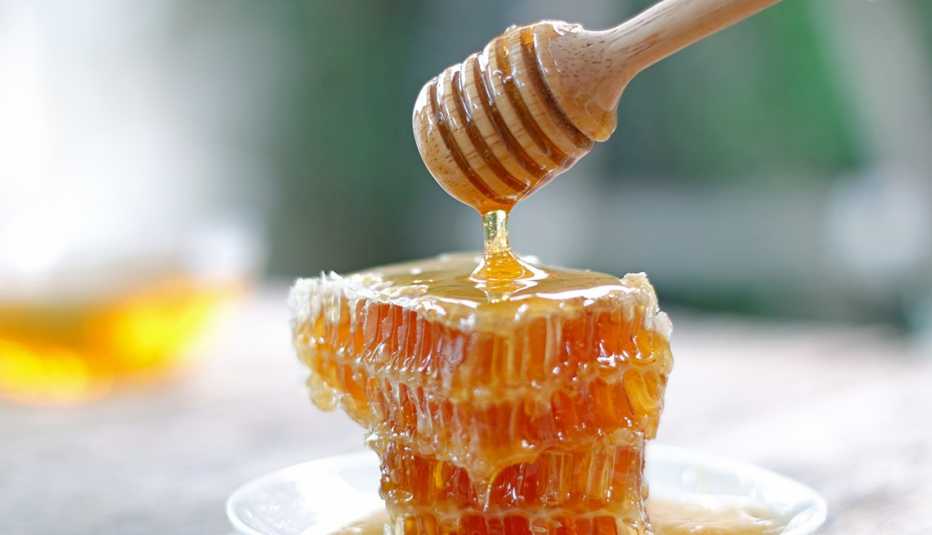
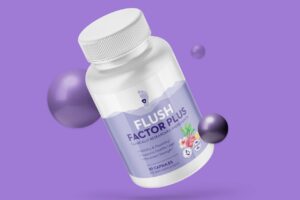
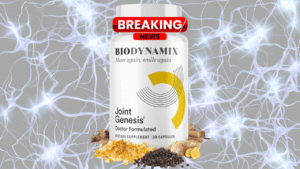
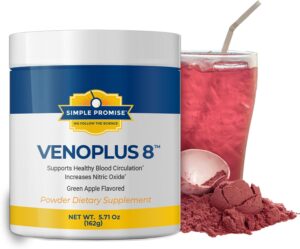
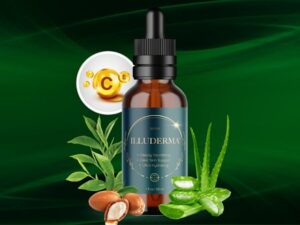
Be First to Comment